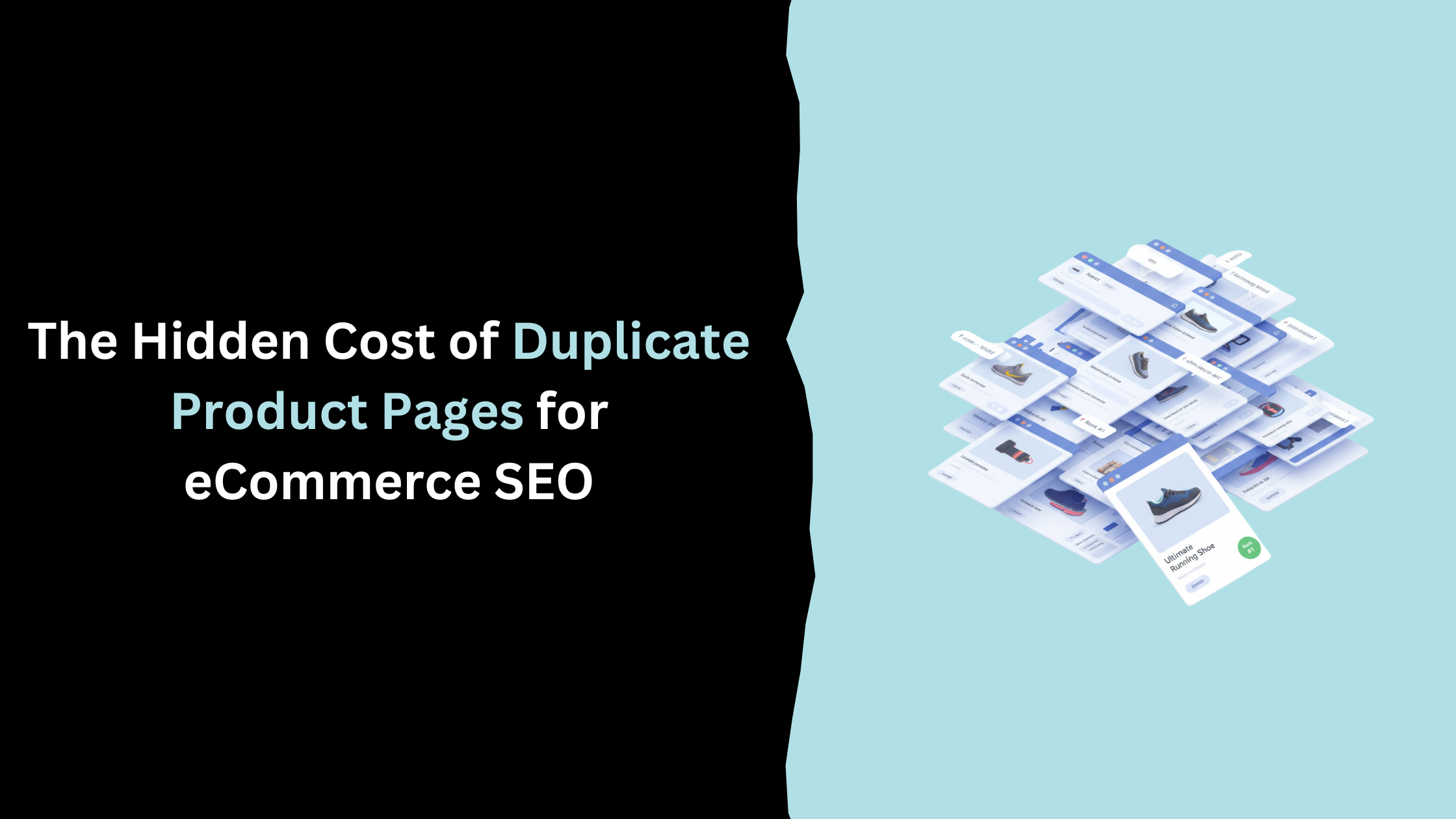Table of Contents
Most product FAQs are rushed. A few vague questions, a link to the returns policy, job done.
But a good FAQ section can do real work. It can ease doubts, build trust, reduce support queries, and help your product page show up higher in Google.
The catch? Writing good ones takes time. And most brands just guess what customers might ask.
That’s where large language models (LLMs) like ChatGPT come in.
What Makes a Good FAQ?
A decent FAQ isn’t there to fill space. It should do three things:
- Answer actual questions your customers have
- Clear up buying hesitations (price, delivery, returns, sizing)
- Use search terms people type into Google
It also needs to feel part of the page, not just a random block pasted at the bottom.
A good FAQ should read like a helpful shop assistant. Clear, friendly, and straight to the point.
How LLMs Help You Write Better FAQs
LLMs are trained to turn messy data into clean text. You can feed them customer reviews, support logs, or sales chat transcripts, and they’ll spit out FAQs that match what people are really asking.
Instead of guessing, ask ChatGPT to:
- Pull questions from 200+ Amazon reviews
Turn support emails into answers - Rewrite existing FAQs in a friendlier tone
You’ll get usable drafts in seconds. All you need to do is clean them up and format them for your site.
Step-by-Step: How to Build Strong FAQs with LLMs
1. Gather Real Customer Data
Skip the brainstorm. Look at what people are actually saying:
- Product reviews (from your site or marketplaces)
- Support tickets or Zendesk logs
- Pre-sale chat transcripts
- Reddit threads or Quora questions
- Comments on competitor listings
Short on data? Grab 50+ reviews from a similar product and work with that.
2. Prompt the Model
Don’t just say “write 10 FAQs.” Be specific. Try:
- “Write 8 product FAQs using the most common concerns in these reviews.”
- “Summarise the key questions from these customer support logs.”
- “Rewrite these FAQs to sound more conversational and include search-friendly terms.”
Tip: You can also ask for follow-ups. “Make the answers shorter”, “Add bullet points”, “Use UK spelling and tone”.
3. Clean It Up
Don’t publish the AI output as-is. Make sure:
- The tone matches your brand voice
- There’s no repetition or waffle
- Answers are short, helpful, and skimmable
Use line breaks, bullet points, or bold text if needed. Clarity always wins.
4. Make It SEO-Friendly
Want your FAQ section to bring in traffic? Do this:
- Add relevant keywords, but make it natural
- Use H2 for the section title and H3 for each question
- Keep answers tight and to the point
- Don’t repeat the same question on every product page
This helps with both search rankings and user experience.
Optional: Add FAQ Schema for Rich Results
If you want your FAQs to show up as expandable answers in Google, you’ll need to add schema markup.
Keep in mind:
- Answers should be under 300 characters where possible
- Use the FAQPage schema
- Avoid duplicate content across pages
You don’t need a dev to do this. Use Merkle’s Schema Generator to create the code, then paste it into your page.
Bonus tip: Test it using Google's Rich Results Test.
Real Example: Before vs After
Before:
Q: What’s your return policy?
A: You can return items within 30 days.
After (LLM + light editing):
Q: What if the item doesn’t fit?
A: No problem. Send it back within 30 days and we’ll cover return postage—as long as it’s in unused condition.
The second version tackles a real concern and gives a more confident, helpful answer.
Extra Tips
Don’t Use AI for Legal Content
For anything legal (warranties, safety, refunds), use approved copy. Don’t let AI improvise that stuff.
Common Mistakes to Avoid
- Over-optimising for keywords
- Leaving AI hallucinations unchecked
- Writing FAQs that are too long or too vague
If an answer runs over 100 words, cut it.
Tools Worth Using
Here’s a shortlist of tools to speed things up:
For content:
- ChatGPT / Claude – FAQ generation
- Notion AI – Cleaning and summarising
For search research:
- AnswerThePublic / AlsoAsked – Real questions
- Ahrefs / SEMrush – Keyword data
For formatting:
- Shopify FAQ apps – Drop-in layout support
- Framer / Webflow – For custom site builders
For schema:
- Merkle’s Schema Generator
- Google Rich Results Test
Key Takeaways
- Good FAQs answer real questions, ease objections, and improve SEO
- LLMs help speed up the writing process using real customer input
- Always edit the output, don’t just copy-paste
- Use schema markup if you want search visibility
- Update your FAQs regularly, especially when customer behaviour shifts
Get in touch today
complete the form below for an informal chat about your business




.png)


.png)
